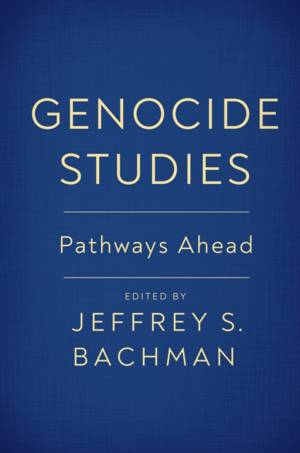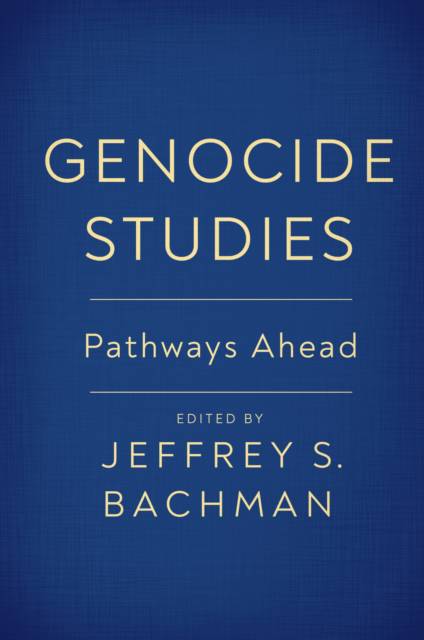
- Afhalen na 1 uur in een winkel met voorraad
- Gratis thuislevering in België vanaf € 30
- Ruim aanbod met 7 miljoen producten
- Afhalen na 1 uur in een winkel met voorraad
- Gratis thuislevering in België vanaf € 30
- Ruim aanbod met 7 miljoen producten
Zoeken
€ 65,45
+ 130 punten
Omschrijving
In recent years, the world has been shaken by numerous events that have caused and continue to cause massive human suffering, from the COVID-19 pandemic to intrastate and interstate armed conflicts. Moreover, climate change continues to plow ahead, contributing to growing tensions, population movements, and resource scarcity. Meanwhile, the methods by which groups and group life are threatened, and the means by which violence is incited and perpetrated, continue to evolve. Such divergent crises, even when they overlap or intersect, confound definition and label. This book seeks not to answer the question "What is genocide?" but rather "What is genocide studies?" When Raphael Lemkin coined the term "genocide" in 1944, he could not have foreseen what the world would look like today. Now is the time to think about current manifestations of genocide and those likely to emerge in the future.
Specificaties
Betrokkenen
- Uitgeverij:
Inhoud
- Aantal bladzijden:
- 302
- Taal:
- Engels
- Reeks:
Eigenschappen
- Productcode (EAN):
- 9781978832329
- Verschijningsdatum:
- 11/10/2024
- Uitvoering:
- Paperback
- Formaat:
- Trade paperback (VS)
- Afmetingen:
- 160 mm x 234 mm
- Gewicht:
- 430 g

Alleen bij Standaard Boekhandel
+ 130 punten op je klantenkaart van Standaard Boekhandel
Beoordelingen
We publiceren alleen reviews die voldoen aan de voorwaarden voor reviews. Bekijk onze voorwaarden voor reviews.







